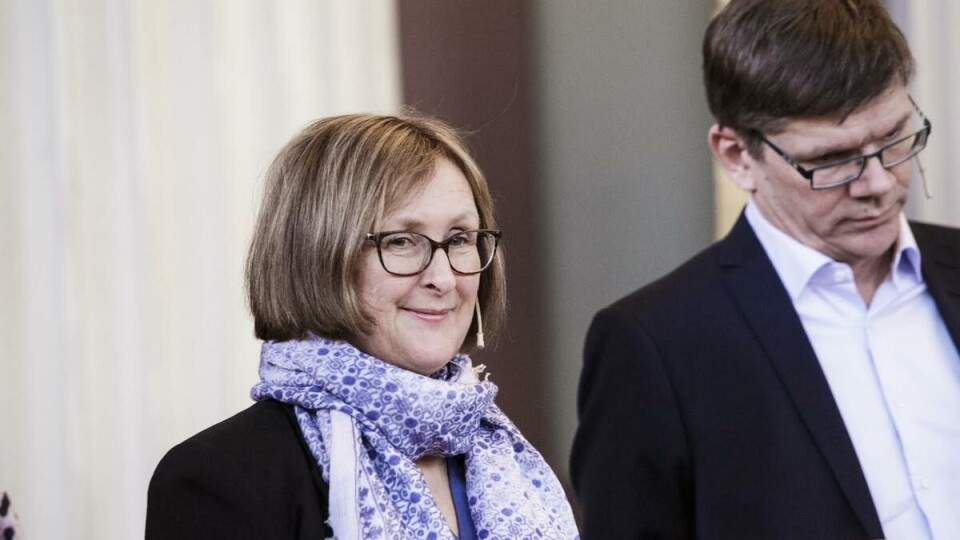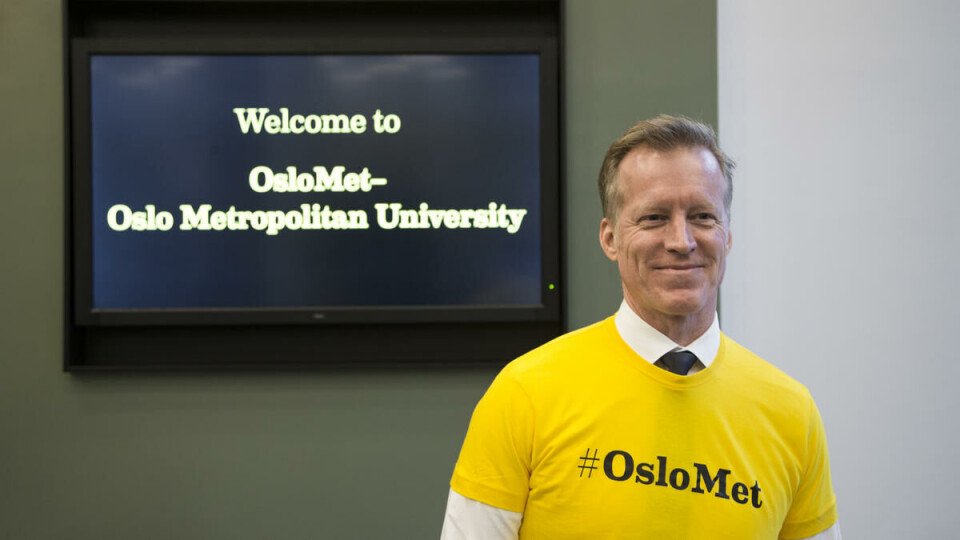
This is what happens when you report discrimination
One in five students experience discrimination in higher education, yet many are unsure of how to report it.
In January, Universitas reported that 21 percent of students had experienced discrimination in higher education. 4 out of 10 stated they don’t think their educational institution has good systems in place to report such unsolicited/unwelcome behaviour and incidents. So, what really happens when you report discrimination?
Speak up
«One is one too much.» Gro Bjørnerud Mo, UiO's pro-rector, told Universitas. «When 21 percent of Norwegian students say they have experienced discrimination, it is serious.»
At UiO, there is a system for student feedback, where students can either report an incident online or in person, referred to as «si ifra» («say something»). Within the system, the most serious reports such as discrimination will be reported through the red category. Students whose reports are «red» are then called in for an interview, where notes are taken and to which the student can read and give input after the conversation has found place.
The student is also informed of any new information regarding the case and can respond to it.

Called in for a conversation
At OsloMet, students are generally advised to take the case up with someone at the university, such as a student representative, SiO, or the student chaplain. Students can also contact OsloMet's notification board directly or indirectly. The board then takes on the task of investigating the report and determining how it will be followed up.
If the case is taken up, the person who reported it will usually be called in to a meeting with the board. Once they have finished processing the case, a report is sent to the rector, who is then responsible for handling the matter further and initiating action.
«At OsloMet, we are constantly working to improve both the information for the students and the reporting procedures, while also working on preventing harassment,» said Curt Rice, rector at OsloMet.

«This is alarming»
Head of the Norwegian Student Organization (NSO), Mads Beldo, finds it alarming that so many students are being discriminated against. He believes both educational institutions and students must take responsibility for how to deal with discriminatory behaviour.
Beldo wants all student to have access to a student ombudsman, which he hopes will improve the reporting system.
«Making sure everyone has the right to talk with a student ombudsman is an important step to take in order to secure how cases are reported. Additionally, it’s important that leaders in educational institutions are aware of their responsibility when dealing with cases,» Beldo said.































